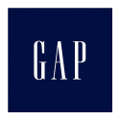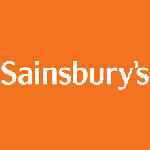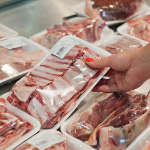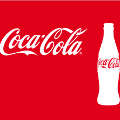
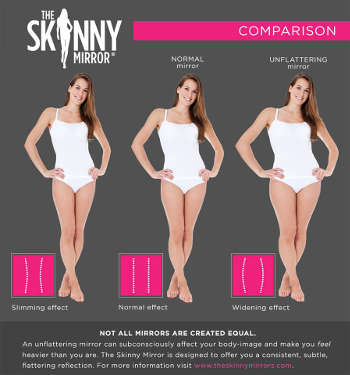 For years, there have been rumours that some ready-to-wear stores manipulate their customers by installing slimming mirrors, with the aim of inciting people to buy by showing them an improved image of themselves. An urban legend or reality? Whilst the rumour exists, up to now there had been no proof to confirm or refute it.
For years, there have been rumours that some ready-to-wear stores manipulate their customers by installing slimming mirrors, with the aim of inciting people to buy by showing them an improved image of themselves. An urban legend or reality? Whilst the rumour exists, up to now there had been no proof to confirm or refute it.
However, the American company, The Skinny Mirror, closed the debate by launching its range of slimming mirrors in 2012. When you look in the mirror, you don't see your own reflection, but a taller and slimmer version, losing between 2 and 4.5 kilos. The Californian company explains on its site that "Skinny Mirror boosts confidence and improves self-image". According to its concept, looking at a slimmer image helps you slim more confidently.
Whilst destined firstly for individuals, The Skinny Mirror also has versions suitable for stores, to be installed in fitting rooms. As a complement to the self-image discourse for general public versions, the company claims that this type of customer-improving mirror is an additional lever to increase the average value per purchase. To prove its claims, it recently tested its concept with 86 women in a popular Swedish underwear retailer.
It indicated in a press release that women who tried on the clothing in front of a Skinny Mirror "had a more positive attitude towards their body and purchased more of the items tried on compared to those exposed to a normal mirror".
*Photo from The Skinny Mirror website: http://theskinnymirrors.com/
News in the same category
Testimony to the Gap Group's P.A.C.E programme to improve the status of women, the film "One Stitch Closer" will be released for International Women's Day. In parallel, a limited-edition t-shirt will be sold, in partnership with Care.
This is an ambitious project: Sainsbury's is about to launch a £10 million plan to fight food waste, and is searching for a test town.
Several consumer associations met to launch an awareness campaign about the origin of meat in transformed products, with the hope of changing European legislation.
You can share a Coca-Cola with your family. But customising your can with the words "gay" or "lesbian" is forbidden by the American giant, and produces an error message on the dedicated "Share a Coke" website.

